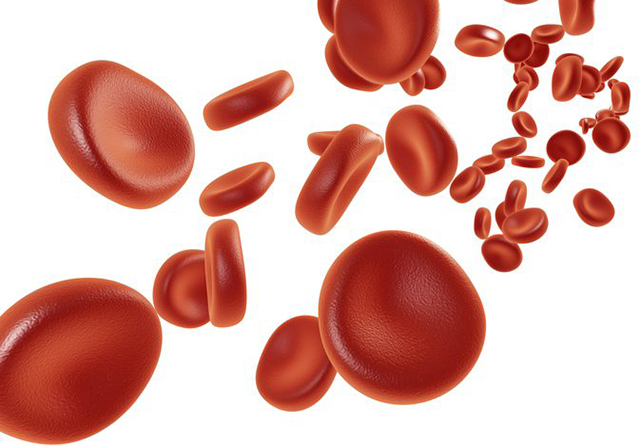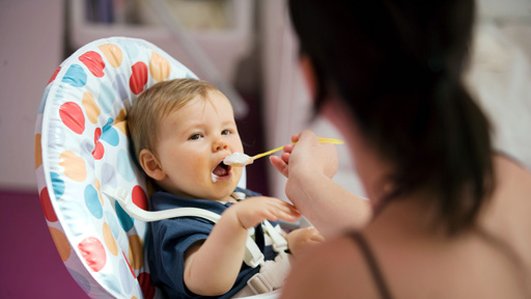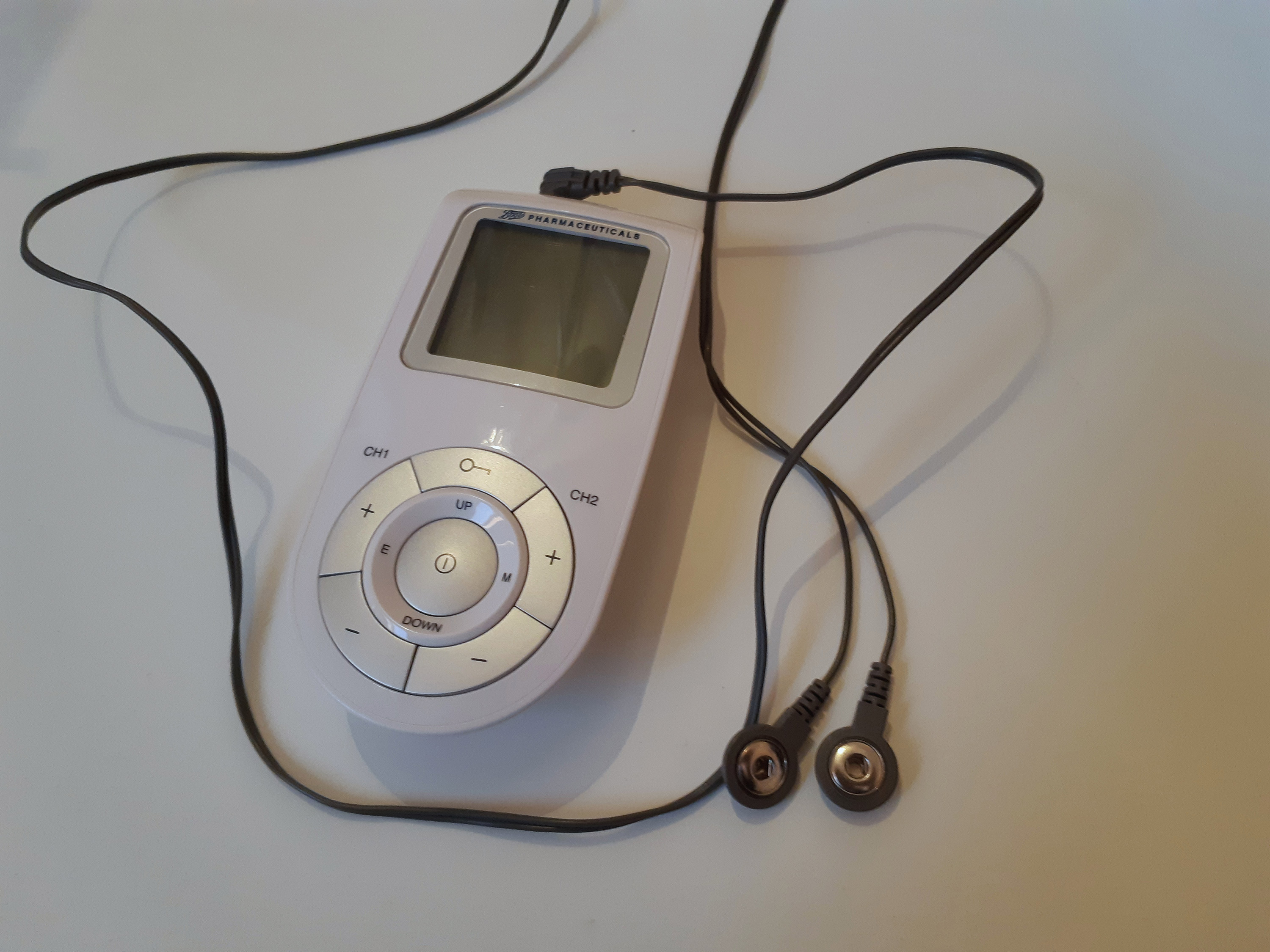
[dropcap]B[/dropcap]lood donors are needed each week in Ireland, 3,000 of them, according to Irish Blood Transfusion Services; and blood never goes out of fashion.
Only three per cent of the eligible Irish population give blood, according to the Irish Blood Transfusion Service. These donations are expected to provide for a population of over four million and according to a NewsTalk article in August 2016, donations were then down 21 per cent.
Pádraig Malaniff counts himself in that three per cent donor category, having been a donor since 2014.
“I decided to become a blood donor through a political organisation in college; I was part of Ógra Fianna Fáil,” he laughs.
He was a committee member and the group wanted to counteract the widespread, social media craze “neck a pint” with a campaign that would positively impact a widespread community. The UCD society decided to bring to life the campaign “Donate a Pint”. UCD’s campus was already accustomed to visits from the Irish Blood Transfusion Services so when the society got in touch for the campaign they arrived in their travelling clinic.
“I was quite nervous; I’d never really gotten many blood tests or injections.” says Pádraig.
On that day he registered for a donor card and one year later, of his own volition, attended the travelling clinic at Bundoran and made donation number two.
Red blood cells are collected from eligible donors and used during surgery in certain treatments due to the body no longer having the capacity to make enough red cells alone, during chemotherapy, or due to a flaw in genetics meaning the body cannot fully form red cells. Red blood cells carry oxygen to all parts of the body.
Following Pádraig’s third visit to donate blood he noticed an information stand about platelets and donation. Platelets are the smallest cells of blood components and assist blood in properly clotting. Platelets are required in the treatment of cancer and leukemic patients, bone marrow transplant, new born babies and burn victims.
More cases of cancer are being diagnosed and treated, and platelets are a big help, but there are only 2,400 platelet donors in Ireland according to the Irish Cancer Society.
The ultimate influence for Pádraig to look at platelet donation came from discussion after his grandfather passed away from cancer. He discovered that platelet donation could impact in treating cancer patients, and thought; “Maybe this is better than donating blood?”
We talk about the process of blood donation but with a cheeky grin he tells me: “platelet donations are much worse.”
As a donor can only donate blood or platelets, Pádraig had to undergo a test available in only two Irish test centres, the NBC Dublin Platelet Clinic, or Cork Centre Platelet Clinic, something he feels impacts the testing for a larger number of people. Once the appointment was made, he felt that having got that far, he “was under an onus to do it.”
Prior to donation, a series of examinations are carried out measuring height and weight, testing the strength of veins and if they can withstand the pressure of the donation process. Blood is extracted and drawn through a needle; it then enters an “apheresis” machine which spins the blood at a very high speed to separate the components. The platelets are filtered into collection bags and the rest of the blood is returned to the body. The whole process is time consuming, the actual donation takes about an hour.
Pádraig describes the room as ‘like a nice hospital ward’, arranged with six-to-eight beds, each accompanied with their own machine.
Unfortunately, Pádraig’s veins were deemed unsuitable and would not withstand the pressure to be a platelet donor, and so he was moved back to the blood donor list. Pádraig became aware of platelet donation, and with only two clinics providing for the entire country a lack of access may be the issue.
When asked why he donates blood, Pádraig looks stumped. His accuracy in answering all other questions surprised me, but now his inadvertent willingness is causing me to ask myself why don’t I do it?
His response this time is more disjointed than others; almost as if he hopes to find a definite answer in rambling. “I do have friends who are anaemic and one who needs regular blood transfusions I suppose…”
In my attempt to prompt an answer I start to fill in sentences asking, “So she needs regular fresh blood?” It seems his quick responses haven’t quite come to a halt – “she is a vampire yes,” he tells me with a laugh in his voice.
The reality is, at the end of the day there’s no emotional sob story as to why the 23 year old continues to actively donate. It’s as simple as “why not help someone who needs help if it’s within my ability to do so?”
The Irish blood transfusion board would love to hear from you.
Méabh Riordan
Contributor



